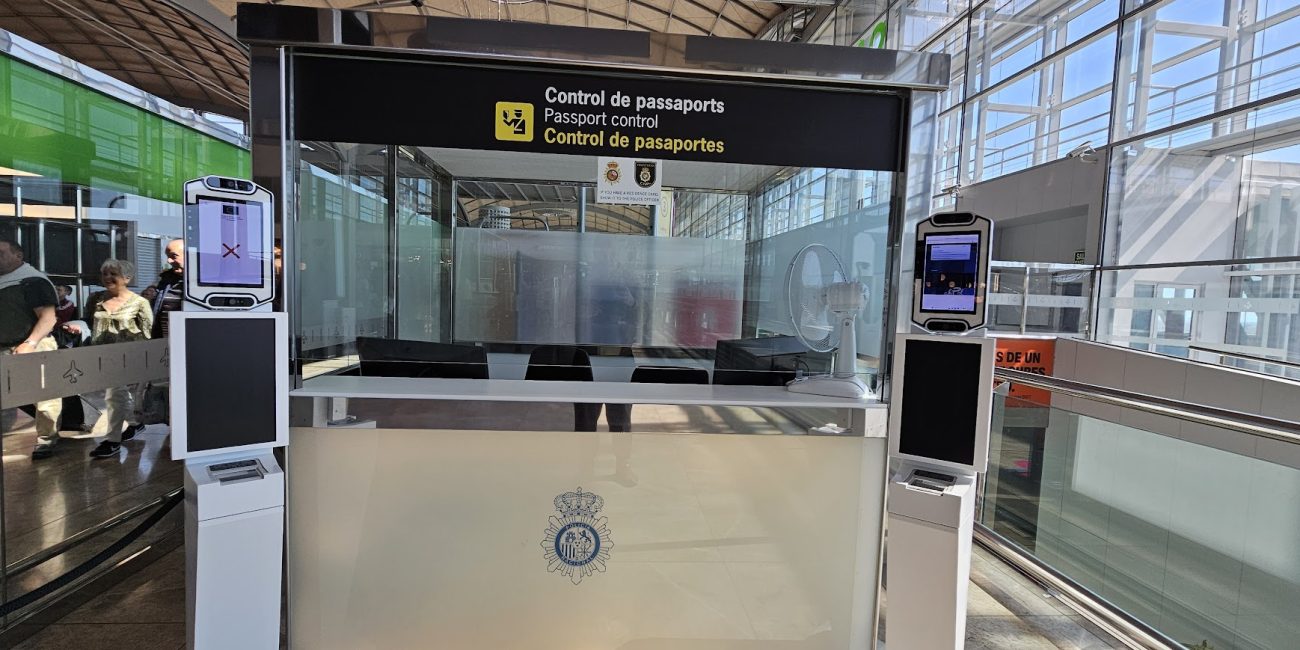A man who was apprehended at Alicante airport in January of last year for drug trafficking has been denied extradition by the National Court. The international warrant issued by the Turkish police was opposed by the lawyers of the arrested individual for a period of five months. The argument in the ruling, is that the statute of limitations in Spain has expired. The request is not permissible.
The Alicante-Elche Miguel Hernández International Airport Police Station’s routine check triggered Interpol’s alarms on January 18th, which led to the discovery of the case. The information did not indicate whether the aircraft was an incoming or outgoing flight. Adriano, the detainee, was allegedly involved in the purchase and transportation of over 23 kilogrammes of heroin in 2007 in collaboration with other individuals, as indicated by the proceedings. The court determined that the statute of limitations had expired under Spanish law, and that his extradition was not appropriate. The definitive dismissal of the extradition proceedings initiated by the Corlu High Criminal Court, which accused him of being a member of an international drug trafficking network based in Turkey, is represented by the ruling, which was issued by the Third Section of the Criminal Division on June 3rd.
The National Court’s decision establishes that the Spanish law’s extradition requirements have not been satisfied. The court has determined that the sole arrest warrant provided by Turkey is devoid of any factual account and cannot be deemed legitimate to suspend the statute of limitations after a thorough examination of the documentation submitted by Turkey. As a result, the facts that are currently being investigated, which trace back to October 2007, would have expired in October 2017.
The ruling underscores that the term of criminal liability cannot be extended due to the fact that the purity of the substance is unknown, rendering the aggravated subtype of Article 369 of the Criminal Code inapplicable. The ruling also states that the search and arrest warrants issued during this period are devoid of any interruptive effect, as they do not contain any evidence that would enable the verification of a genuine judicial pursuit. Consequently, the court concludes the proceedings and declares criminal liability to be extinguished. Consequently, he has been released from incarceration and, at least in Spain, is now free to reside without concern for arrest.
On October 6th, 2007, a vehicle associated with a transnational criminal organisation was apprehended in the town of Cerkezkoy, according to the case file sent from Turkey. The vehicle contained 23.6 kilogrammes of heroin. Adriano was involved in the logistics of the operation, making calls and coordinating the purchase of the substance, which was ultimately confiscated along with undisclosed cash, according to the report.
Adriano was accused by the Ottoman authorities of participating in an international drug trafficking offence with other suspects, some of whom were Spanish. They requested his extradition to stand prosecution under Article 188/3 of the Turkish Penal Code. Nevertheless, the National Court determined that the acts described, if they were in accordance with Spanish law, would be classified under Article 368 of the Penal Code. This article has a 10-year statute of limitations, unless an aggravated subtype—such as notorious importance—is applied. It is impossible to prosecute this type of crime without specific knowledge of the purity of the seized narcotics.
The defendant’s defence contended that the detention warrants were invalid and that the proceedings were devoid of fundamental guarantees during the investigation. The court did not address concerns such as the right to a fair trial in Turkey, as it determined that the case had already expired under Spanish law, rendering it superfluous to evaluate the remaining arguments.
The Third Section of the Criminal Chamber, which is presided over by Judge Fermín Javier Echarri Casi, reiterates that “international arrest warrants must contain a specific, reasoned charge with sufficient legal force to interrupt the statute of limitations,” which, in this instance, did not occur. Consequently, the court determines that the requested extradition is impractical in accordance with the principle of legality.









No Comment! Be the first one.